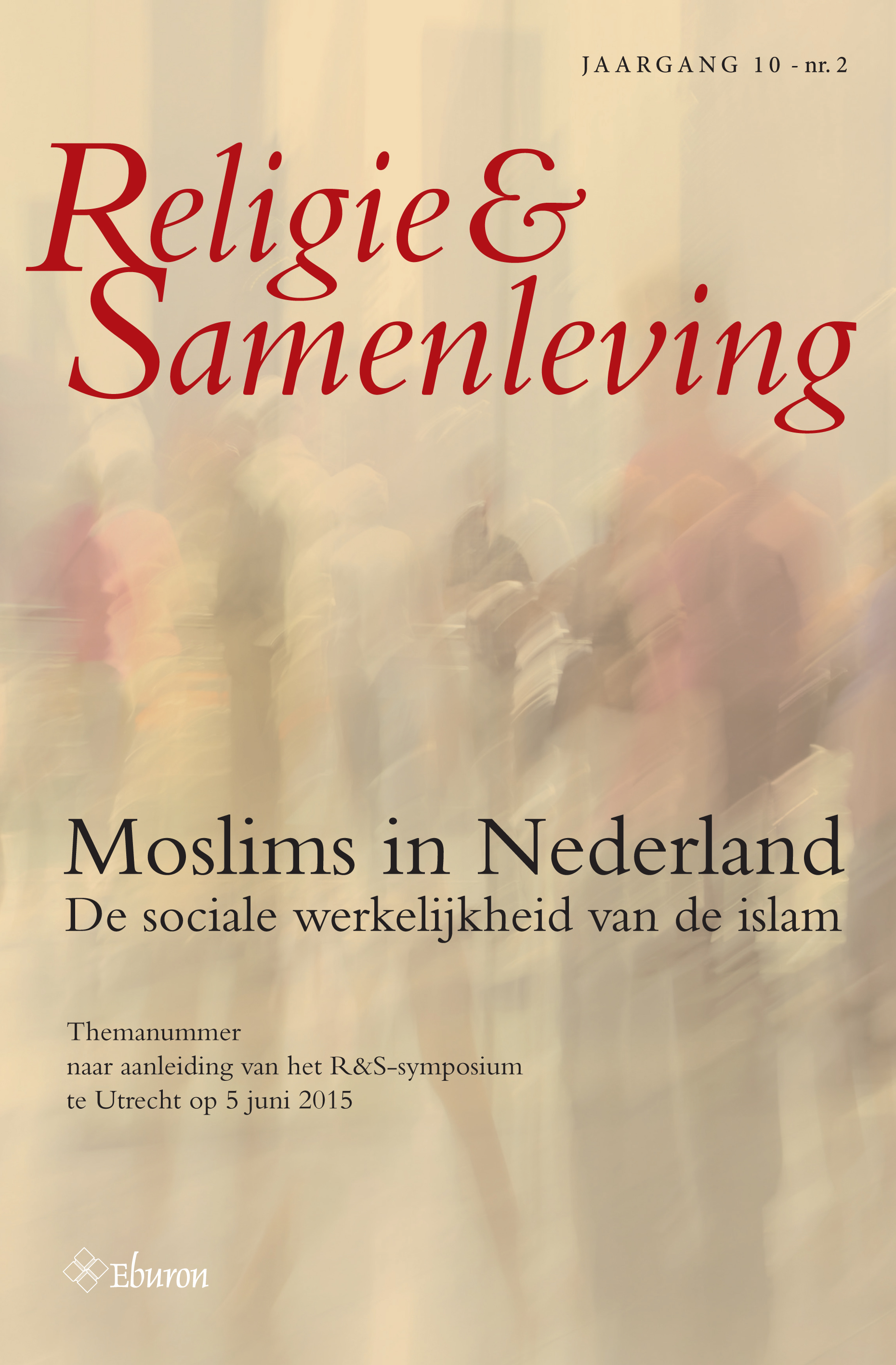Oordeel en begrip: wie is ‘(goede) moslim’ in Nederland?
Besprekingsartikel van Hirsi Ali, Quadir, Ajouaou en Honing
DOI:
https://doi.org/10.54195/RS.12249Samenvatting
Last year, strong public appeal was made to Dutch Muslims to collectively distance themselves from IS and its notion of jihad. In this momentum, four books were published – in Dutch – by three Muslims and an ‘ex-Muslim’. They show different considerations of how to live as (‘good’) Muslim in the West. This review article analyses their positions. In the first book, the former Dutch politician Ayaan Hirsi Ali pleads for far-reaching amendments of Islamic rules concerning belief, ethics and law. Her view essentially differs from Muslim theologian Razi Quadir (VU Amsterdam), who uses Sunni orthodox hermeneutical instruments. The third author, Muslim theologian and ministry official Mohamed Ajouaou (VU Amsterdam) argues that one should primarily look at the diversity of Muslim religiosity in the Dutch secular context. Finally, in his autobiographic portrait, Dennis Abdelkarim Honing explains how he discovered legitimate options to live as pious Muslim in the West. Each in their own way, the authors point at the phenomenon of accusing fellow Muslims of being heretic or going astray, and its heavy impact on internal Islamic debate.




